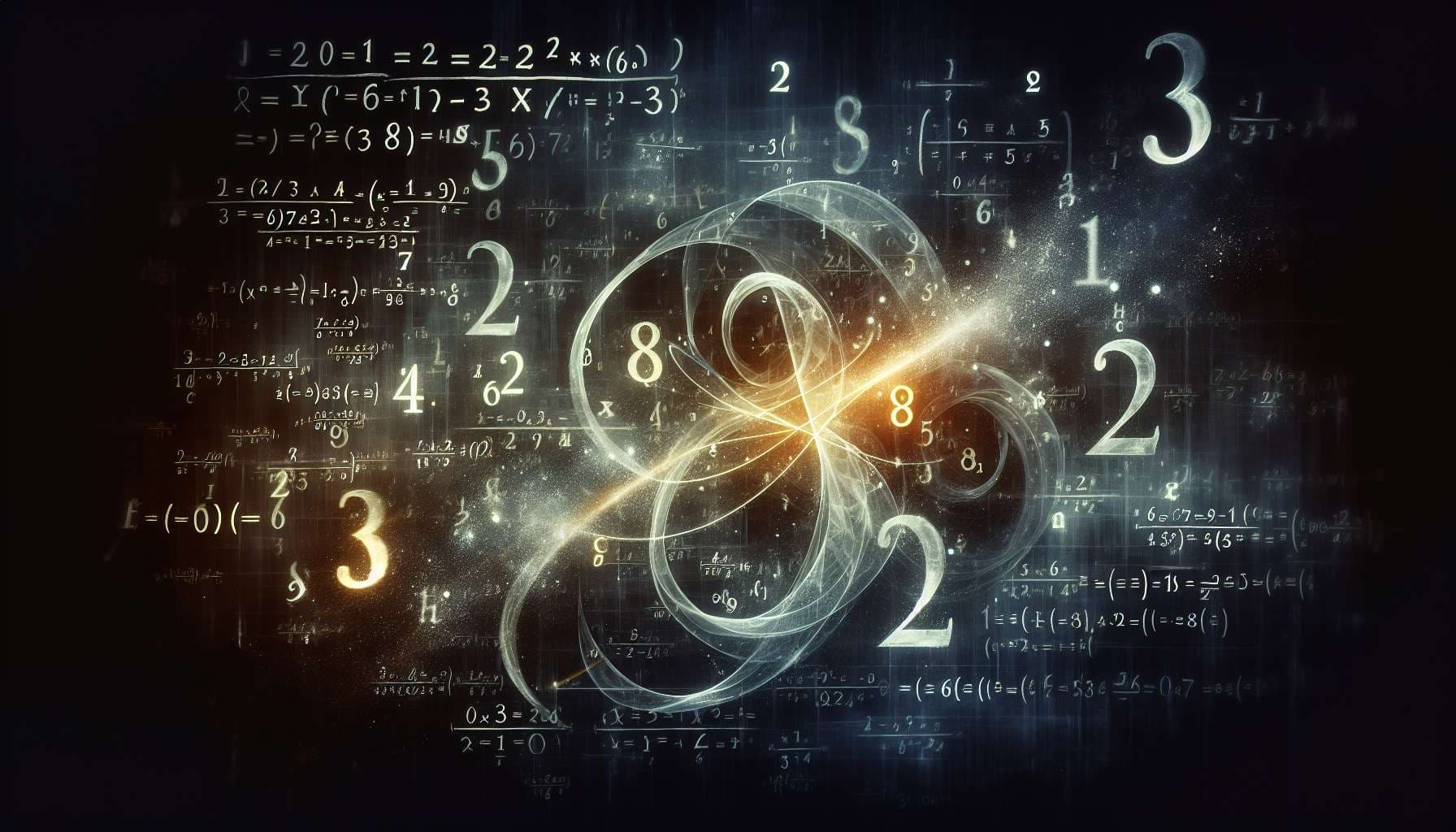
🏅 Top traders
| # | Trader | Total profit |
|---|---|---|
| 1 | Ṁ26 | |
| 2 | Ṁ16 | |
| 3 | Ṁ12 | |
| 4 | Ṁ11 | |
| 5 | Ṁ9 |
People are also trading
Following up on @k83f86 s counterexample, $n^2(n^2 + 16)$ is even if and only if $n$ is even, in which case it is automatically a multiple of $16$. $n^2(n^2 + 16)$ is a multiple of $3$ if and only if $n$ is a multiple of $3$ (proof: check the three residue classes mod 3), in which case it is automatically a multiple of $9$. $n^2(n^2 + 16)$ is a multiple of $5$ if and only if $n$ is congruent to $0$, $2$ or $3$ modulo $5$. Thus, by the Chinese remainder theorem, $n^2(n^2 + 16)$ a multiple of $720$ if and only if $n$ is congruent to $0$, $12$ or $18$ modulo $30$. The prime number theorem, or even the much weaker estimate
$$\pi(n) = o(n)$$
implies that there are infinitely many counterexamples.
E: This is assuming the same interpretation of the question as @k83f86. As presently stated, the question makes no sense.
Your question is not very clear to me.
Perhaps this is what you wanted to ask?
"If 'n' is an integer bigger than 6 and 'n^2 * (n^2 + 16)' is divisible by 720, can we conclude that 'n-1' and 'n+1' are both prime numbers?"
@k83f86 in which case, isn't 48 a counterexample and this is NO? Seems like n = prime#^2 (for n>6) might all fail, but I'm too dumb to know why.